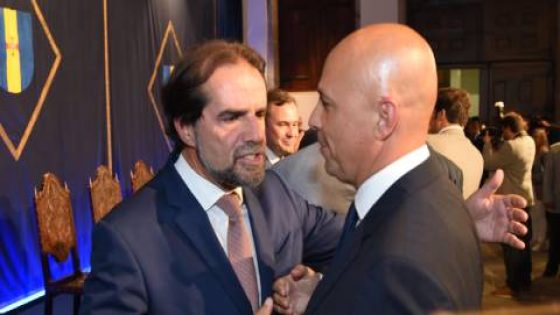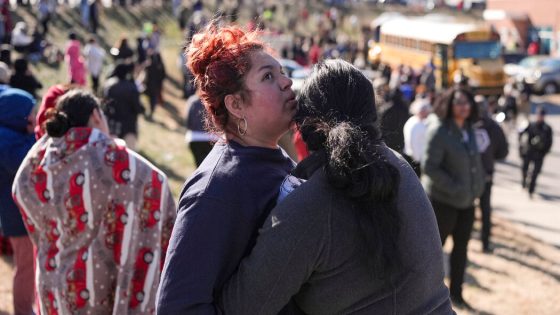On February 5, 2025, the inflation of food prices in Brazil continues to spark debate. Recent events highlight the stark contrast between the claims of supporters of former President Jair Bolsonaro and the reality of rising food costs. Can the promise of “cheap food again” truly hold up against the backdrop of inflation that has plagued the country?
- Bolsonaro's government saw high food inflation.
- "War of hats" reflects political tensions.
- Lula's campaign promised affordable food.
- Food prices surged again in 2024.
- Inflation metrics differ between administrations.
- High food prices hinder purchasing power recovery.
Food Inflation in Brazil: A Closer Look at Recent Trends
Why are food prices in Brazil rising, and what does it mean for the average citizen? The recent “hat war” in Congress, where Bolsonaro supporters donned caps claiming “cheap food again,” underscores the ongoing crisis. As food inflation has consistently surpassed general inflation rates, the political narrative is shifting.
Understanding the Impact of Food Inflation on Brazilian Families
The surge in food prices has significant implications for Brazilian families. Recent statistics show that food inflation has outpaced general inflation during both Bolsonaro’s and Lula’s administrations. This trend raises questions about the effectiveness of current policies in addressing economic challenges.
Key Factors Behind Rising Food Prices in Brazil
Several factors contribute to the rising food prices in Brazil:
- Increased costs of agricultural inputs
- Supply chain disruptions due to global events
- Higher demand for certain food items
- Economic policies and their effectiveness
Comparing Inflation Rates: Bolsonaro vs. Lula
During Bolsonaro’s presidency, food inflation reached alarming levels, peaking at nearly 12% in 2022. In contrast, Lula’s administration has seen fluctuations but remains under scrutiny for its handling of food prices. The comparison raises important questions about economic management and public trust.
The Political Ramifications of Food Inflation in Brazil
Food inflation is not just an economic issue; it has significant political ramifications. The ongoing debate between supporters of Bolsonaro and Lula reflects deeper societal concerns. As prices rise, public sentiment may shift, impacting future elections and policy decisions.
In conclusion, the rising food prices in Brazil highlight a complex interplay of economic and political factors. As citizens grapple with these challenges, the implications extend beyond Brazil, resonating with global audiences facing similar inflationary pressures.

































